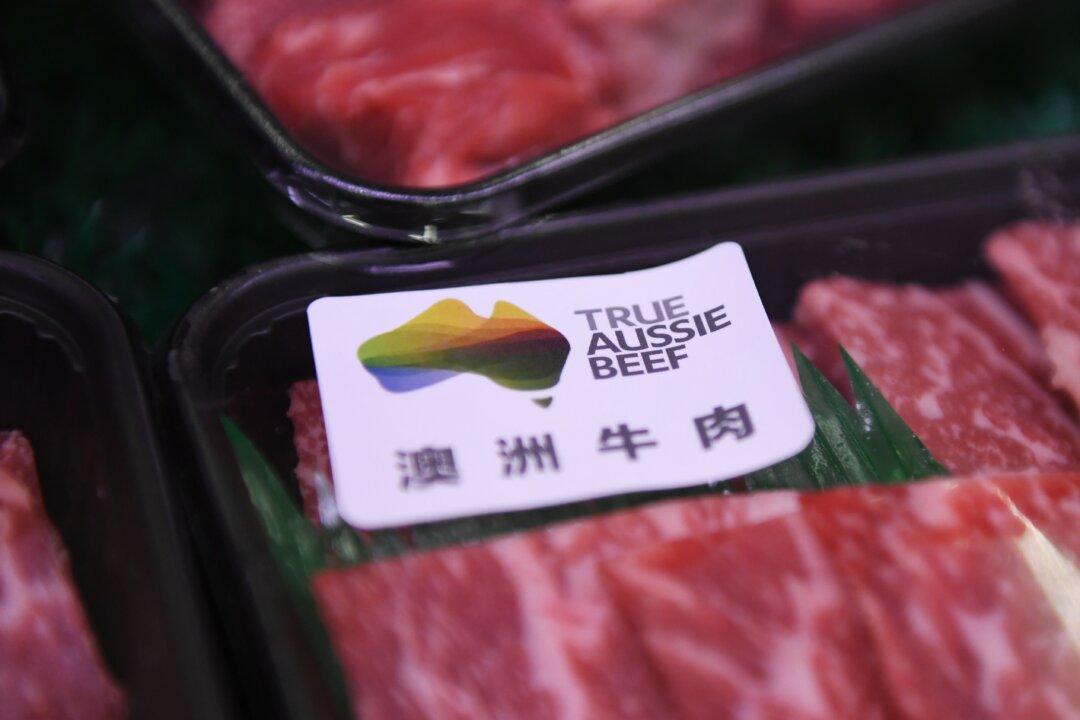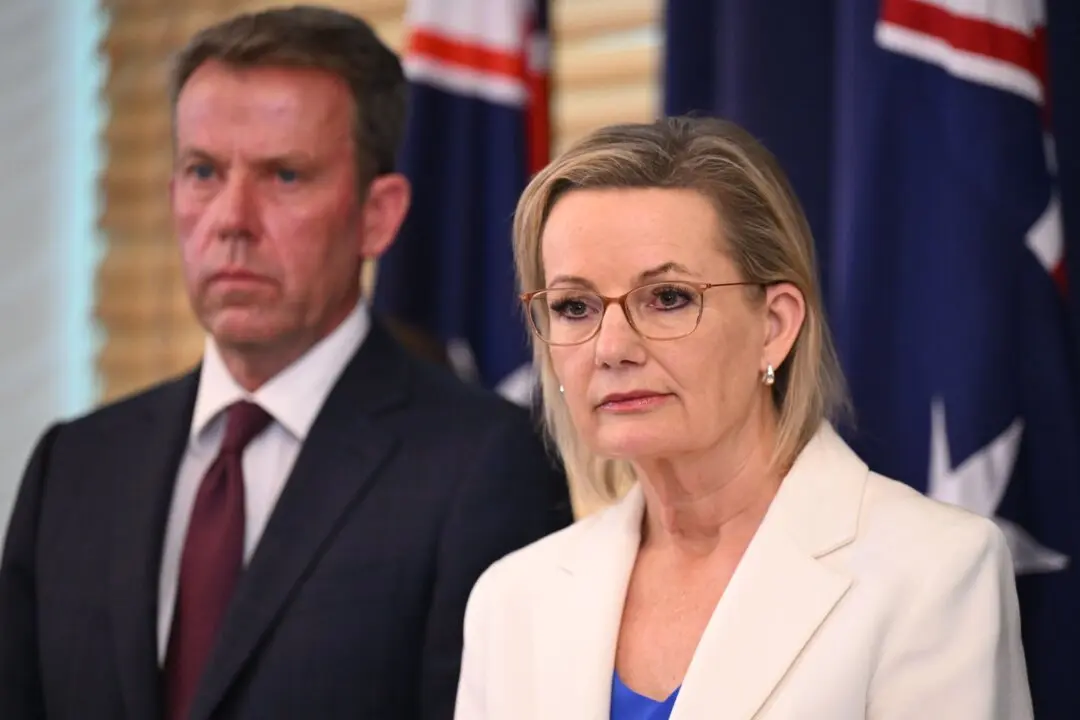In a week of escalating trade tensions with China, Senator Concetta Fierravanti-Wells has called for Australia to establish an economic “plan to decouple from China.”
The call comes as twice this week China took economic action against Australia by proposing an 80 percent tariff on barley imports and announcing the suspension of meat imports from four local abattoirs.





